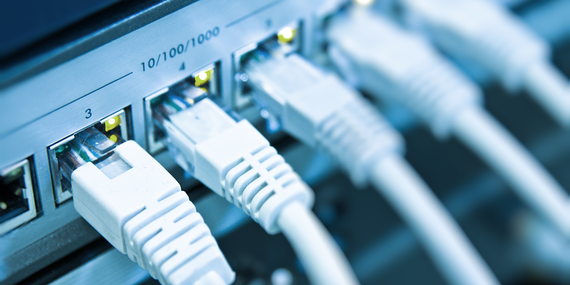News in cooperation with eceee.org
Europe’s path to carbon neutrality: A move to ‘sobriété énergétique’?
(EurActiv, 12 Nov 2018) What is ‘sobriété énergétique’ and what is its role in pushing Europe towards its carbon reduction goals? Kamila Waciega explains.
Kamila Waciega is the director, energy, at Veolia Public Affairs Department
Energy efficiency and ‘sobriété énergetique’ have to go hand in hand for a decarbonised Europe. Only combined will they help us significantly reduce our primary and final energy consumption, as well as the use of other resources – and hence diminish our impact on the environment.
The term “sobriété énergetique” was coined in France and it remains quite tough to translate to other languages as a literal translation might suggest something related to abstinence, while the concept itself hints more at our ability to apply the principles of moderation and frugality to the use of energy in everyday life.
Why could this concept be relevant for the EU? Mainly because we are at a very peculiar moment: the European Commission is in the final stages of elaboration of its 2050 low carbon strategy intended to integrate the Paris agreement commitments into its general regulatory framework.
And while the underpinning consultation was focused mostly on technology and process-related changes that need to be introduced to deliver on net zero carbon emissions by 2050, relatively little has been said on what importance the “sobriété énergétique” would have to take us there.
So, what is “sobriété énergétique”? It is not the same as energy efficiency, which can be defined as a measure or process that consists of reducing energy consumption by a piece of equipment with better efficiency and fewer losses in energy production or consumption.
External link
![]() EurActiv, 12 Nov 2018: Europe’s path to carbon neutrality: A move to ‘sobriété énergétique’?
EurActiv, 12 Nov 2018: Europe’s path to carbon neutrality: A move to ‘sobriété énergétique’?





